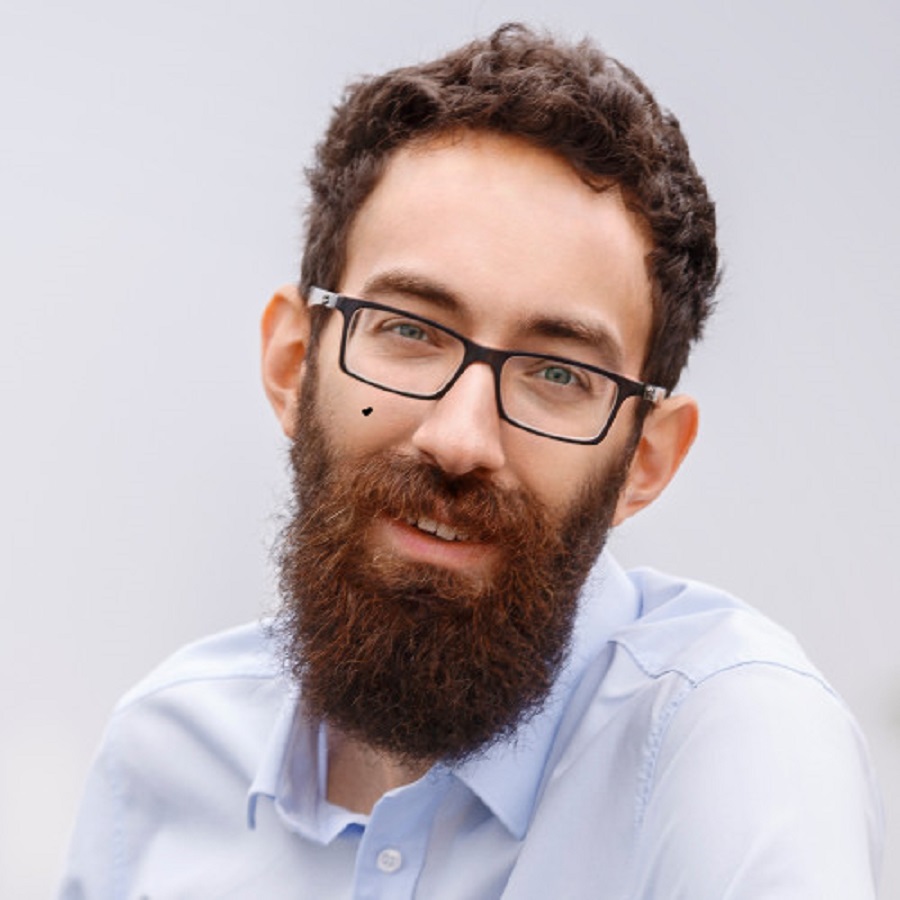Václav Těhle
Václav Těhle
|
Václav Těhle comes from a small village near Benešov and he finished his studies at the IES in 2012. He graduated from the University of Oxford, where he earned master's degree in Development Economics. He worked while studying at the IES, for example as an intern at NGO People in need where he provided assistance to Asian development projects. Later he became a Research Assistant at the Center for Study of African Economies at the University of Oxford. He spent a year doing research on inclusion of young unemployed graduates to the labor market in Ethiopia and impact of trade liberalization on industrial firms in Ghana. Since 2014 Vaclav has been working at McKinsey, where he focuses on projects in energy, sustainability as well as on development projects across Africa. |
After the graduation at the IES you went to Oxford. What was the biggest surprise here, was there something that you had not expect with your experience with the Czech University?
2cm gaps in window frames during winter don’t count, right? Seriously, besides the usual English quirks such as grass fascination, weather conversations and no house insulation, I was amazed by the level of personal investment the Oxford professors put into you. Having every 2 weeks private 90 minutes session with a world-known professor to discuss your essays, your curriculum as well as personal topics is something that Czech universities unfortunately cannot match with.
How can a Czech student finance studies at such a prestigious English University?
There are multiple options available. First, more prestigious universities typically have quite broad scholarship programs, broader than the less well-known ones. Even though you won’t be eligible for 99% of them, the remaining 1% is not that competitive given the eligibility restrictions and I’ve met many people who were awarded these. Second, there are several Czech programs (Krsek, Bakala, Kellner) offering scholarships to students going to top foreign universities. Thirdly, many students take (state or bank) loan to pay for their undergraduate or graduate studies. Lastly, some students rely on finance from their families.
The fees are very steep, but they are differentiated by program and expected salary after finishing it. So a Finance economics student can pay 5 times higher tuition than a student reading for a degree in history.
You work as an Associate at McKinsey, a company that is known for its demanding workload. How can you handle this high load? What was the biggest challenge for you here?
Firstly, I must say the lifestyle has been improving significantly over the last few years. I am working fewer hours than what I have worked when I interned 5 years ago. The time are changing, and we are reflecting on that change. Many young graduates don’t want to dedicate full 5 days during a week to work and want to do many things outside. If we want to still attract top talent, this change was inevitable.
Still, this is not a 9-5 job. To handle the longer hours and remain effective, it helps me a lot to have flexibility. If I can do sports in the morning or afternoon or be at home for dinner, I can be quite productive in the remaining time. On top, the job is varied with a chance to work with many interesting people on very exciting topics which keeps you alert anyway.
The biggest challenge for me was to survive the first few months. I just came back from a research project in Ethiopia, I was not entirely sure I want to work for large corporations and I was taken in a midst of a large-scale transformation in an industry I’ve never heard about with people I’ve never seen before. Later I got used to this and learned how to quickly become helpful to the team and the client, but I was very fresh at that time and had no idea what to do. Luckily, the team was very supportive and helped to get over the first few weeks.
You spent a part of your consulting career in Africa in Ethiopia, how did it surprise you and how did you enjoy your life in Africa?
I have transferred to the McKinsey office in Ethiopia 2 years after finishing my research work in Ghana and Ethiopia. Hence the second time the culture shock was quite small. I cannot say that about my girlfriend who has joined me in Addis in the midst of a very nasty rainy season… Still, I was surprised by the pace of change that’s happening on the continent. Just over the 2 years when I was away from Addis, Ethiopia has opened the first light rail train in Sub-Saharan Africa, built new railway to the Djibouti, erected hundreds of kilometers of new roads or thousands of kilometers of distribution grid. You can see that on every step in Addis: slums are replaced by new fancy malls while my favorite bar is to be closed and replaced by office buildings.
I have enjoyed most of my time in Ethiopia. The impact you can drive in many of the developing countries is incomparable with what you can do in the developed world. Working with the country leaders, you can actually change the growth trajectory of a country and make meaningful impact for the people of this country. On the other hand, the life outside work was a bit shallow. Addis has good restaurants and bars. But if you enjoy being outside, the closest forest is 3-hour drive through jammed, polluted streets.
Which are your hobbies, how do you relax?
I am an outdoorsy introvert. So, spending time hiking in the mountains with a few friends helps me a lot recover both mentally and physically. I have picked up a habit of taking unpaid leave of a few weeks between projects and that does a lot to maintain my happiness.








